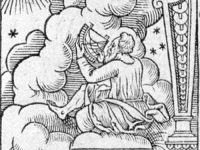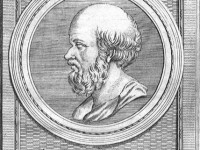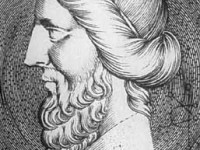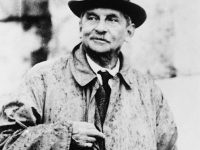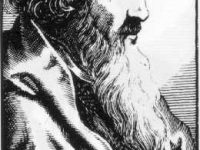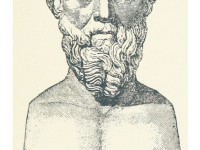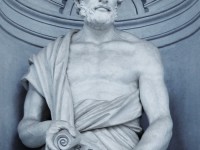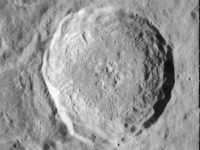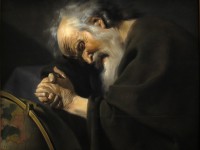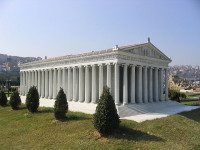Hipparchus of Nicaea and the Precession of the Equinoxes
Hipparchus of Nicaea was a Greek astronomer, geographer, and mathematician in the second century BC. He is considered the founder of trigonometry but is most famous for his incidental discovery of precession of the equinoxes. His other reputed achievements include the discovery and measurement of Earth‘s precession, the compilation of the first comprehensive star catalog of the western world, and possibly the invention of the astrolabe, also of the armillary sphere, which…
Read more

